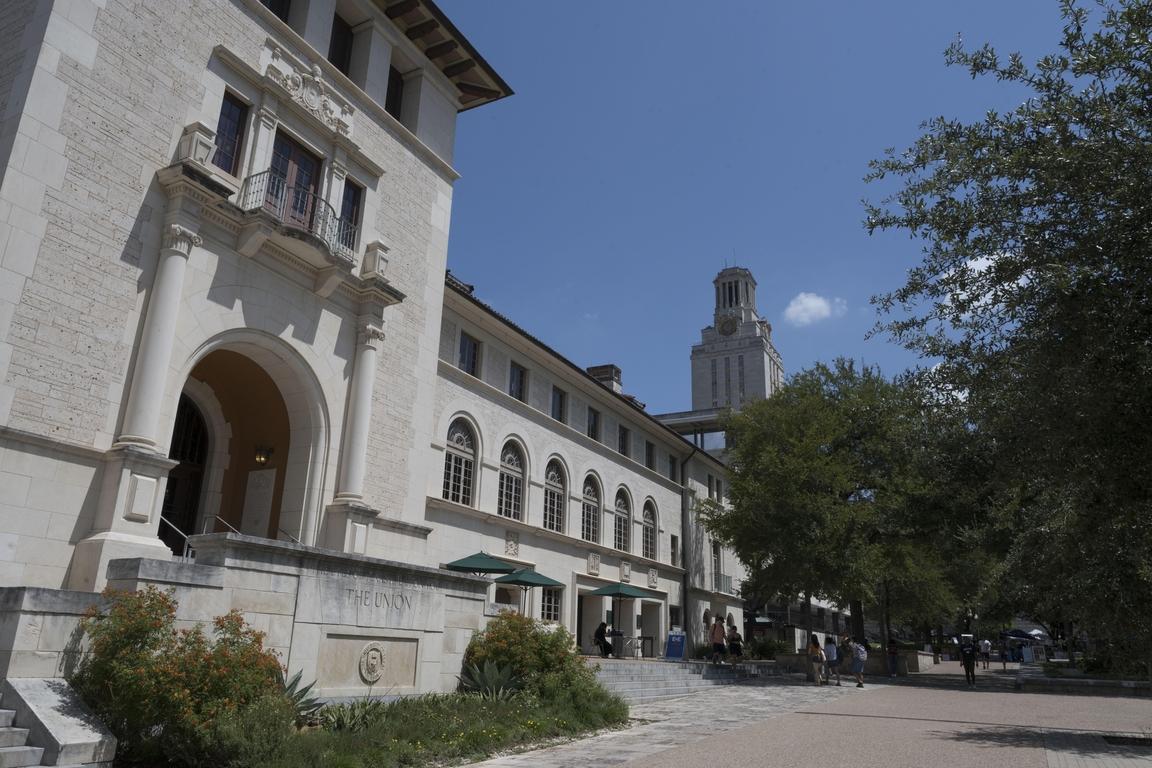
Good Systems has awarded 20 summer fellowships to faculty, researchers, and graduate students from 13 departments and units across UT Austin to advance the mission of this research grand challenge by funding innovative research that investigates the ethical implications of AI technologies in society.
Fellows will conduct their proposed research projects from June to August, culminating in presentations of their findings in Fall 2022.
Faculty and Researcher Fellowship Awardees:
- John Robert Bautista, Postdoctoral Fellow, School of Information, “Development and psychometric validation of the AI Ethical Concerns Inventory - Healthcare (AIECIH)”
- Avinash Collis, Assistant Professor, Department of Information, Risk, & Operations Management, “AI and privacy: How knowledge about AI technologies impacts peoples’ valuations of personal data”
- Arya Farahi, Assistant Professor, Department of Statistics and Data Sciences, “A computational framework for modeling structural disparity”
- Daniel Koehler, Assistant Professor, School of Architecture, “Communal physics: Building synthetic data sets or how to learn from future architectures?”
- Yan Leng, Assistant Professor, Department of Information, Risk, & Operations Management, “The exposure risk of social interactions when online behavioral data meets artificial intelligence”
- Erin McElroy, Assistant Professor, Department of American Studies, “Landlord technology and tenant harms”
- Vagheesh Narasimhan, Assistant Professor, Department of Integrative Biology, “Good AI systems for ethical and transferrable genomic risk prediction”
- Jaganath Sankaran, Assistant Professor, Lyndon B Johnson School of Public Affairs, “Machine learning in nuclear missile hunting: Possibilities and perils”
- Ciaran Trace, Associate Professor, School of Information, and James Hodges, Postdoctoral Fellow, School of Information, “Information governance and algorithmic accountability”
- Junmin Wang, Professor, Department of Mechanical Engineering, “Study on ethical and socially-compliant AI-powered driving behaviors for autonomous driving”
Graduate Student Fellowship Awardees:
- Liz Bender, School of Information and Department of English, “Moral machines? Determining ethics using rhetorical analysis of AI- vs. human-generated news articles”
- Mehar Jaiswal, Department of Aerospace Engineering and Engineering Mechanics, “Autonomous one-wheel home furniture robot: Bumbybot”
- Jared Jensen, Department of Communication Studies, “Investigating how AI transforms creative collaboration in music”
- Eunhye Ko, Department of Curriculum and Instruction, “Value sensitive design to integrate XAI in education: Empowering students with agency, acceptance, and trust”
- Sheila Lalwani, School of Journalism and Media, “Digital guardians? How data protection officers (do and don’t) navigate through ethical dilemmas: Important lessons for the U.S.”
- Hakeoung Hannah Lee, Department of Curriculum and Instruction, “Responsible AI: Why did mentors hide from mentees they had seen their mentees’ learning analytics data?”
- Sooyong Lee, Department of Computer Science, “Rationale-based active learning for BERT-to-BERT”
- Jonathan Malott, School of Architecture, “AI-generated architecture and building generation as a tool for novel design”
- Nandini Sharma, Department of Communication Studies, “Space, time, and coding practices: A coder's tale of AI ethics”
- Yuqing Wang, School of Architecture, “UX technical framework of smart library based on metaverse”
Faculty, research scientists, and postdoctoral fellows will be awarded $4,000 per fellowship, while master’s and doctoral students will be awarded $6,000.
Applications were reviewed by the Good Systems Executive Team and evaluated based on creativity, feasibility, engagement, subject matter expertise, and evidence of prior research accomplishments.
One of three Bridging Barriers research grand challenges, Good Systems brings together faculty, researchers, and students in campus-wide, interdisciplinary teams to investigate how to define, evaluate, and build socially beneficial AI-based technologies – or “good systems.”
Good Systems is a research grand challenge at The University of Texas at Austin. We’re a team of information and computer scientists, robotics experts, engineers, humanists and philosophers, policy and communication scholars, architects, and designers. Our goal over the next eight years is to design AI technologies that benefit society.

